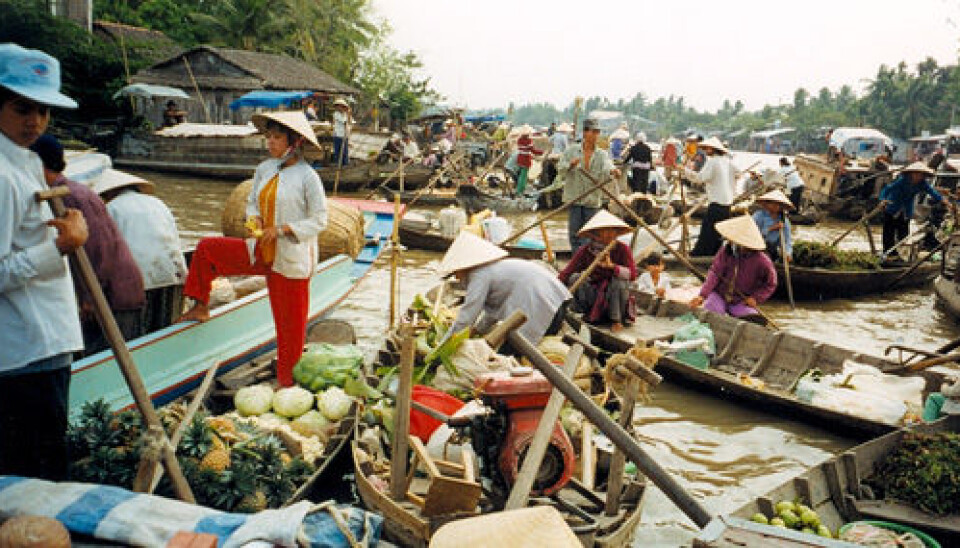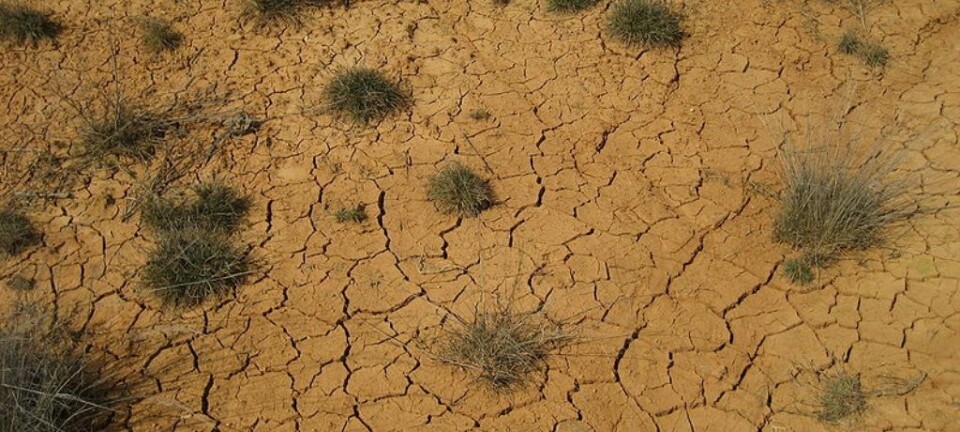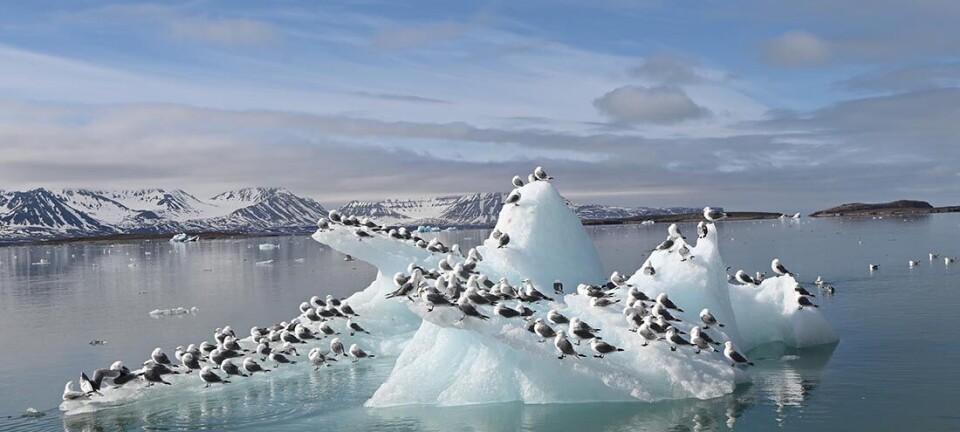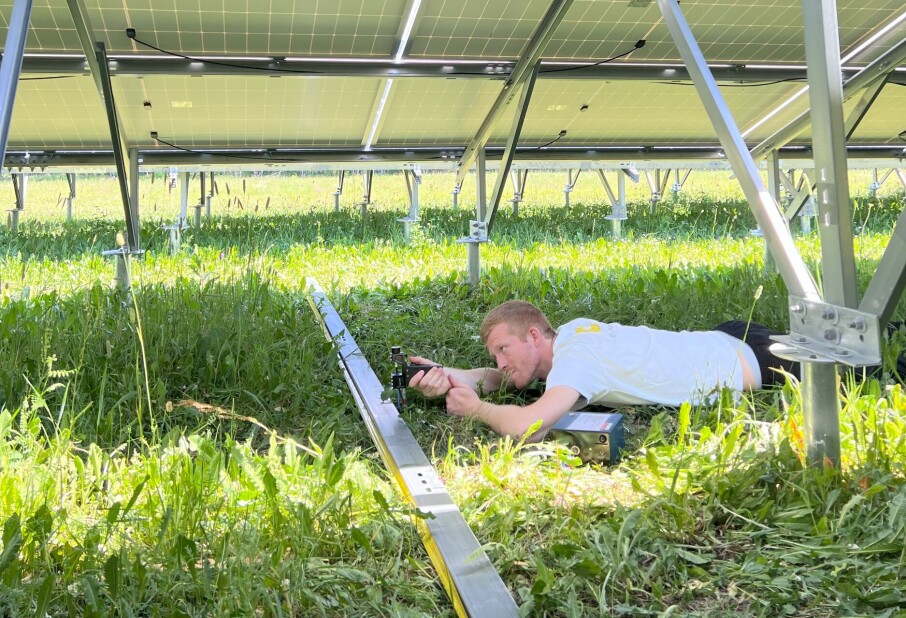
Not more conflicts where rivers draw the line
Having a river as the border between two countries might seem like a recipe for conflict, with quarrels over water resources and territory. But border rivers are not troubled waters, according to new research.
Denne artikkelen er over ti år gammel og kan inneholde utdatert informasjon.
“Previous studies have often assumed that countries sharing a river equals an increased risk of conflict,” says Marit Brochmann, who has explored this topic for her doctoral thesis at the University of Oslo.
“My findings show that it is practically impossible to isolate the effect of a border river from the general effect of shared borders, since nearly all neighbouring countries have a border river. In other words, simply being neighbours might be as much of a cause of conflict as disagreeing over water resources,” she explains.
“Generally speaking, a shared river does not increase the probability of conflict.”
River borders more established
Brochmann's study is one of the most extensive to date on the link between shared rivers and conflict risk. She has studied all countries across the globe that share rivers, analysing the trends from the early 1900s up to the present.

Her research shows that border areas along rivers generally are fairly conflict-free, with few disputes over shared rivers. “It actually seems like river borders in general are regarded as more established than borders crossing land,” she says.
“The findings show that we need to look at the bigger picture when we attempt to understand conflicts. This might entail developing new measures for conflict assessment.”
A vital resource
But a border river can still escalate a conflict, through disputes over access and the use of water resources – in particular when the sharing of water affects areas of conflict, such as the balance of power between countries.
“Water is a vital resource for all people. This makes it an extremely sensitive issue, with obvious potential for conflict,” the researcher points out.
“For instance, my research shows that the probability of conflict over rivers and waterways is much stronger if the most powerful country is located upstream.”
Reducing the risk of conflicts
Brochmann's research has also looked at what happens after a river-related conflict has been resolved. Unsurprisingly, the countries involved increase their co-operation over water resources post-conflict.
Proper agreements over water management might reduce the risk of future conflicts, and could become even more important with climate change and increased focus on water resources. The findings could prove useful for policymakers, she adds.
“It could for instance be of use when negotiating water management treaties, such as considering a number of issues in order to find robust solutions. Only by looking at all potential issues of conflict will we be able to understand how conflicts emerge, and find effective ways of resolving and preventing them,” Brochmann concludes.
---------------------------
Read the full story in Norwegian at forskning.no
Scientific links
- Brochmann: Signing River Treaties – Does It Improve River Cooperation? International Interactions, Volume 38, Number 2, 1 April 2012 , pp. 141-163(23), doi: 10.1080/03050629.2012.657575. (abstract)
- Brochmann & Hensel 2011: The Effectiveness of Negotiations over International River Claims, International Studies Quarterly, Volume 55, Issue 3, pages 859–882, September 2011, doi: 10.1111/j.1468-2478.2011.00670.x.

































